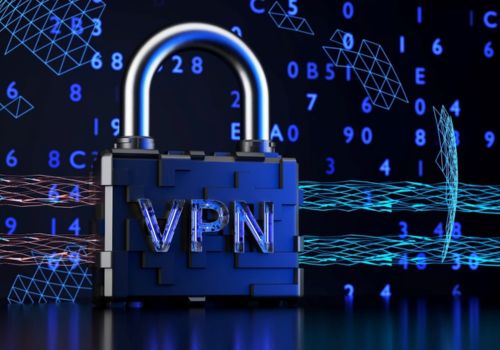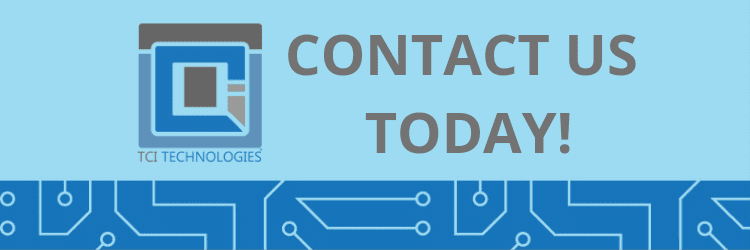There are 1.5 billion Virtual Private Network (VPN) users worldwide. The whole purpose of a Virtual Private Network (VPN) is to make your internet connection private and more secure by encrypting your data and disguising your IP address. This hides users browsing activity, identity, and location, allowing for greater privacy and autonomy. However, with all the sensitive material passing through, businesses must be aware of the potential for VPN security risks.
Do Your Due Diligence
When used correctly, VPNs are generally safe and reliable tools for businesses. They offer a powerful shield against common cyber threats like eavesdropping, man-in-the-middle attacks, and data theft. However, businesses must choose reputable VPN providers and properly configure their networks.
Sometimes, poorly configured or free, unverified services may expose vulnerabilities. There is also concern about the rise of unreliable or malicious VPN services, and choosing the wrong one could expose your customer’s data and damage your company’s credibility.
Free Doesn’t Always Mean Better
According to an article by Forbes, 25 million VPN user records were exposed in 2022, up from 21 million exposed users in 2021. These numbers clearly illustrate VPN security risks, but how are these data breaches happening from a service meant to protect you from them in the first place?
Some of the biggest VPN hacks came from free services such as Super VPN, Gecko VPN, and Chat VPN in 2021. Free VPN providers may not have the infrastructure to adequately stay ahead of the ever-changing cyber threats to your business and potentially leave themselves (and you) vulnerable. Some of these risks include:
1. Viruses
Malware gains access through the VPN’s mobile app and infects your devices.
2. Data Collection
Part of the terms you agree to when using a free VPN is allowing them to sell your data.
3. Connection Issues
Since free VPNs use fewer servers to direct their traffic, connection speeds can be slower or interrupted, potentially costing you production time or customers.
4. Data Logging
The point of a VPN is to allow you to explore the internet without anyone knowing (other than your VPN provider). However, according to the Commonwealth Scientific and Industrial Research Organization (SCIRO), many embed at least one bit of tracking in their software.
Minimize VPN Security Risks Through a Paid Provider
Hiring a VPN service provider will eliminate most of the negatives that come with a free one. You will receive better speed due to unlimited bandwidth, advanced security measures, and customer service to help you address any issues. Even though a paid service doesn’t eliminate all VPN security risks, as with the NORD VPN hack in 2018, it significantly decreases them compared to a free one.
Comprehensive Security Strategies: VPNs and Beyond
Choosing a reputable VPN provider with a track record of protecting user privacy and security is crucial. Additionally, being vigilant about other online security practices, such as using strong, unique passwords, keeping your software up to date, or hiring an outside security provider, such as TCI Technologies, will help you to stay ahead and manage any potential threats.




